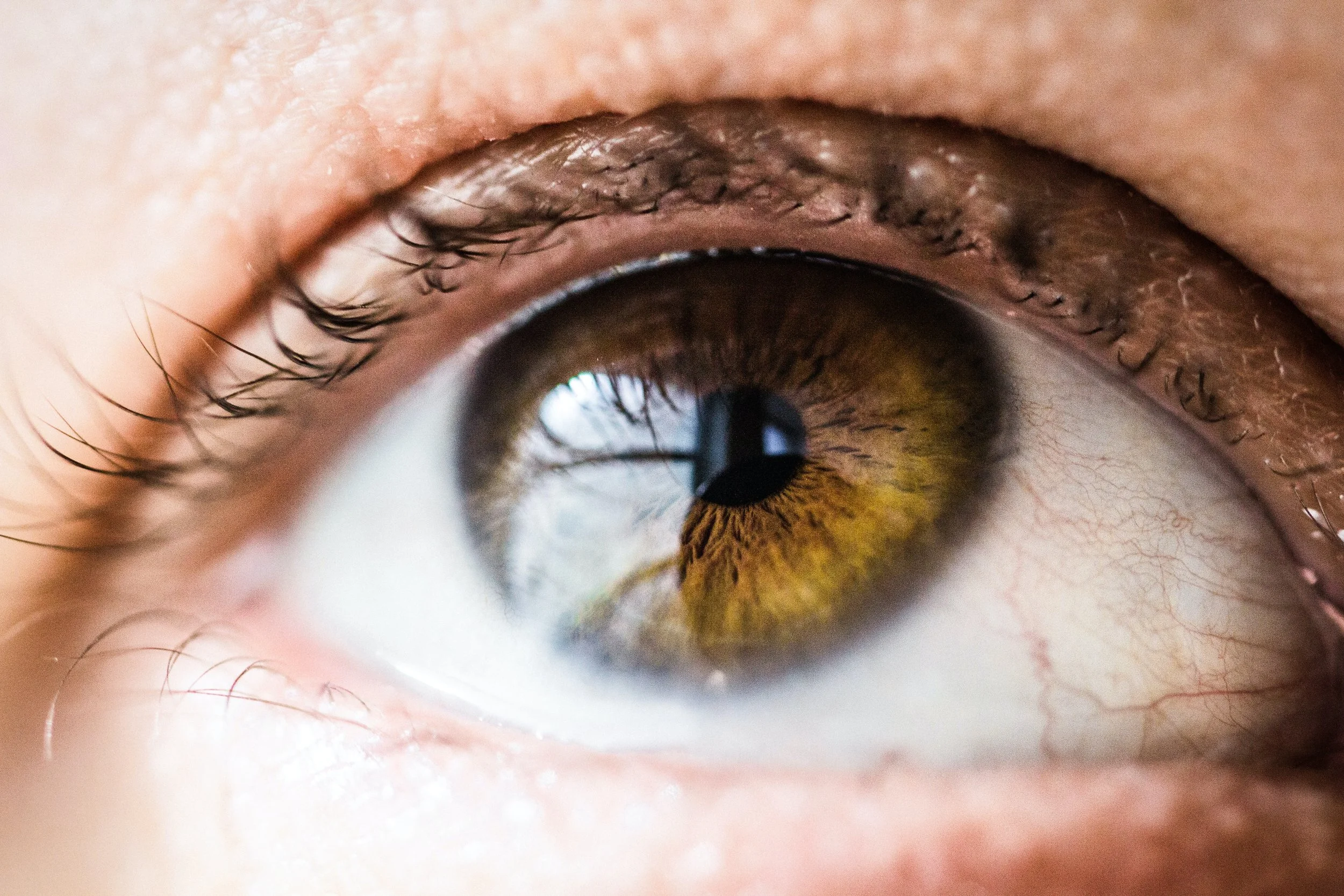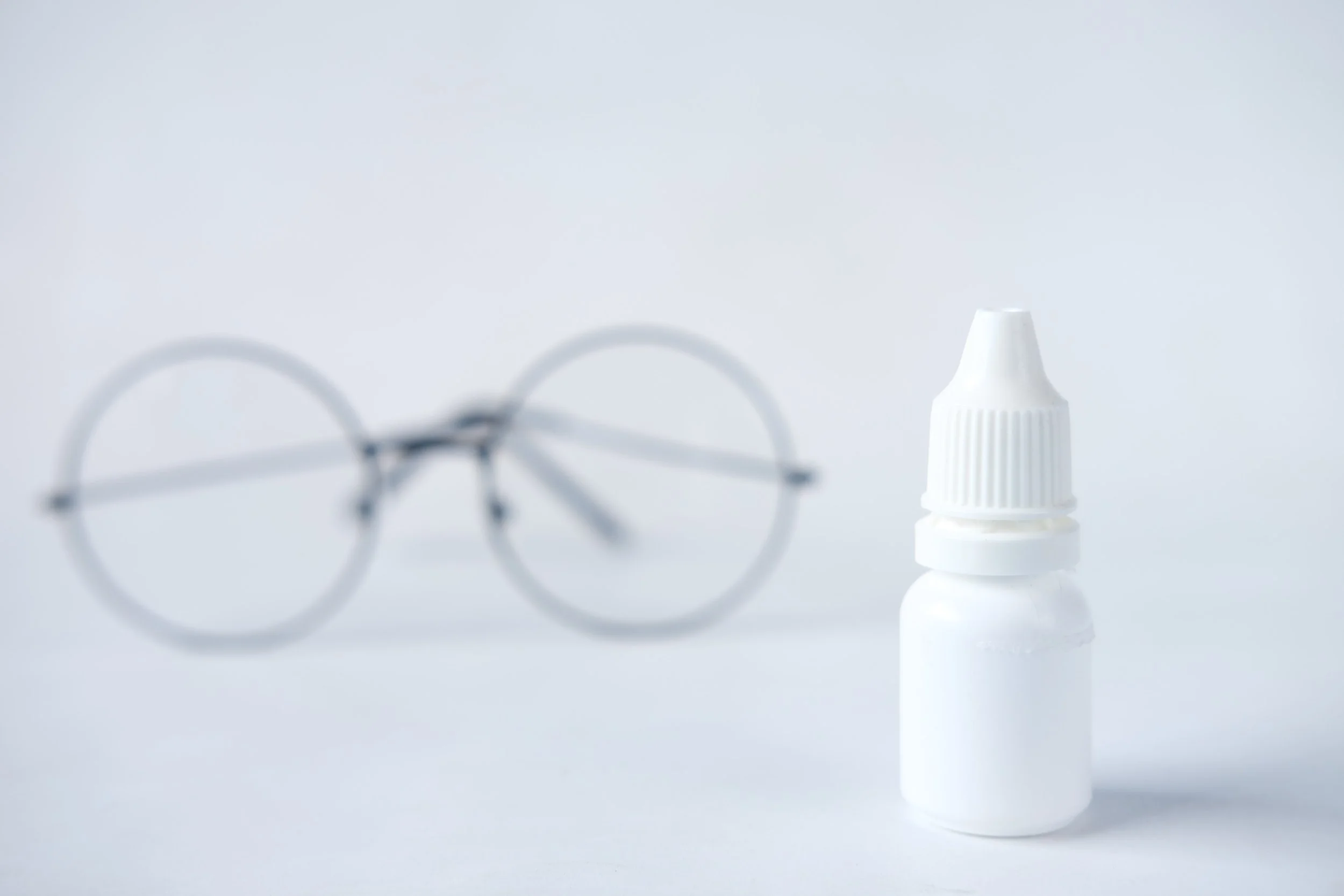6 Medications That Are Used To Treat Diabetic Macular Edema
This post may contain affiliate links. For more info, please click here.
This post was originally published on the GoodRx website.
For more writing samples, please visit my Muck Rack portfolio.
Key takeaways:
Diabetic macular edema (DME) is an eye problem related to diabetes.
There are several medications that treat DME. They’re injected into your eyes by an ophthalmologist.
Avastin (bevacizumab), Lucentis (ranibizumab), and Ozurdex (dexamethasone) are common medications that treat DME.
If you or a loved one lives with diabetes, you’ve likely heard that persistent high blood sugar levels can lead to health issues over time. This includes a variety of eye problems, including diabetic macular edema (DME).
DME can develop when high blood sugar levels damage blood vessels in your eye. These damaged blood vessels can leak fluids into the macula, which is the part of your eye that sees colors and clear images. If left untreated or undertreated, DME can ultimately cause blurry vision or vision loss.
Depending on your symptoms, DME can greatly affect your quality of life. So for those who live with DME, treatment is a priority. Thankfully, many medications are available to treat this vision-threatening health condition.
Here, we’ll talk more about medications used to treat DME.
1. Avastin
Avastin (bevacizumab) is an FDA-approved biologic medication. Biologics like Avastin are made from natural sources, like proteins, sugars, and tissues. Avastin is often used to treat cancer, but it’s also used off-label to treat DME. When treating DME, Avastin is usually injected into your eye every month.
Avastin works by binding to a protein called vascular endothelial growth factor (VEGF). VEGF helps your body make new blood vessels. But too much VEGF in your eye can cause abnormal and damaged vessels that leak fluids into your macula. Avastin can help control this damage.
While Avastin isn't officially approved to treat DME, health experts often recommend a VEGF inhibitor (like Avastin) as a first-choice treatment for DME.
2. Eylea
Like Avastin, Eylea (aflibercept) is a biologic medication that’s injected into your eye every month. It’s officially FDA-approved to treat DME. If all goes well after your first few Eylea injections, you may be able to get your injections less often.
Eylea is also an anti-VEGF medication, but it works slightly differently than Avastin. It acts like a decoy receptor (chemical binding site). For instance, Avastin works by trying to stop VEGF from binding to its receptor. By comparison, VEGF finds and attaches to Eylea.
3. Lucentis
Lucentis (ranibizumab) is another biologic VEGF inhibitor that’s injected into your eye every month. In some cases, you may be able to extend the amount of time between injections if the medication is working well. Lucentis works by blocking VEGF protein from binding to its receptors in your eye.
What makes Lucentis unique is that alternative versions are available.
For instance, Lucentis is a reference biologic medication. Reference biologics are also called “original” biologics. This means that other medications, like biosimilar medications, may be made to mimic them. A biosimilar medication is “highly similar” to its reference medication.
Recently, the FDA approved a biosimilar version of Lucentis called Byooviz (ranibizumab-nuna). Byooviz is expected to be available in the U.S. by June 2022. Another similar reference biologic medication is called Susvimo (ranibizumab).
Of these, only Lucentis is currently FDA-approved for DME. Susvimo and Byooviz aren’t officially approved for DME quite yet. But Susvimo’s manufacturer is studying Susvimo as a possible treatment option for DME, and Byooviz is approved in Europe to treat vision impairment from DME.
So, there’s a chance Susvimo and Byooviz will be approved to treat DME in the U.S. in the future.
4. Vabysmo
In January 2022, the FDA approved Vabysmo (faricimab-svoa) as another biologic medication to treat DME. It’s the most recent medication that’s been approved to treat DME and is also administered once a month.
Like the three medications above, it’s also an anti-VEGF medication. Vabysmo also blocks another protein called angiopoietin-2 (Ang-2). Ang-2 causes damaged and leaky blood vessels in the back of your eye.
By attaching to Ang-2, Vabysmo offers another way to help control leaky blood vessels in the back of your eye. It’s another option to consider if other medications haven't worked well.
5. Ozurdex
Ozurdex (dexamethasone) is an FDA-approved medication that treats DME. But it works a bit differently from the medications mentioned above.
Ozurdex is a steroid implant that’s injected into your eye. The implant slowly dissolves and releases medication over a few months. It doesn’t need to be removed from the eye, and it works by controlling swelling in the back of your eye.
Steroid implants and VEGF inhibitors are both effective DME treatment options. However, steroid implants — especially those done with repeated injections — can raise your risk for other eye problems, such as cataracts and elevated eye pressure.
Because of this, experts often recommend VEGF inhibitors as the go-to DME medications, but steroid implants are also an option to consider.
6. Iluvien
Like Ozurdex, Iluvien (fluocinolone acetonide) is an FDA-approved steroid implant that treats DME. It controls swelling while minimizing the number of damaged blood vessels in the back of the eye.
Unlike Ozurdex, Iluvien doesn't dissolve by itself. After about 36 months (3 years), your ophthalmologist will need to remove the implant from your eye.
Do any medications prevent diabetic macular edema?
There currently aren’t any medications that are directly used to prevent DME. But diabetes medications and lifestyle changes can help prevent issues like DME and control the disease if it develops.
If you smoke, consider quitting if and when you’re ready. There are many health benefits to quitting smoking, including having a lower risk of eye problems. Medications and various support programs — such as counseling — can help you achieve this goal.
How expensive are diabetic macular edema medications?
DME medications can be expensive because they are biologics that are usually administered monthly. However, there are ways you can save.
If you have insurance, your company can tell you more about your expected out-of-pocket costs. They can also tell you if your healthcare provider will need a prior authorization from your insurance company before you can get coverage for the medication.
Many manufacturers also offer some form of financial assistance. Regeneron, for example, has a financial assistance program for Eylea. Eligible people with commercial insurance may receive Eylea for little to no cost. For more information, call Regeneron at 1-855-395-3248 or visit them online.
And in many cases, your ophthalmology care team can help direct you to other savings opportunities.
Will any new medications for diabetic macular edema be available soon?
Yes, most likely.
In October 2021, Novartis announced that they’re anticipating one of their medications — Beovu (brolucizumab) — to be approved for DME by mid-2022. Beovu has been approved since 2019 to treat another eye condition called macular degeneration.
The bottom line
If you have diabetes and develop DME, there are several treatment options that can help. Anti-VEGF injections and steroids are go-to treatment options that are administered into your eye. However, the “best” medication is different for everyone. Your ophthalmologist may choose to give you a certain medication based on your level of diabetic eye disease, expected effectiveness, side effects, or cost.
ABOUT THE AUTHOR:
You know how barriers may sometimes prevent people from meeting their goals? If you have any barriers that are making it difficult to reach your goals, there is a way to overcome these obstacles with personalized consultations and services tailored to your unique needs.
Ross is the founder of Off Script Consults and director of the PharmacyChecker international verification program. She has years of experience practicing pharmacy in various settings, which she uses to help colleagues by offering career coaching and business consulting. She is a board certified clinical pharmacist, who provides personalized health consultations. Ross is also a medical writer and reviewer with a focus on digital health publications and medical communications. Please refer to the About page for more disclosure information.
To book a discovery meeting, please use her calendar link.




